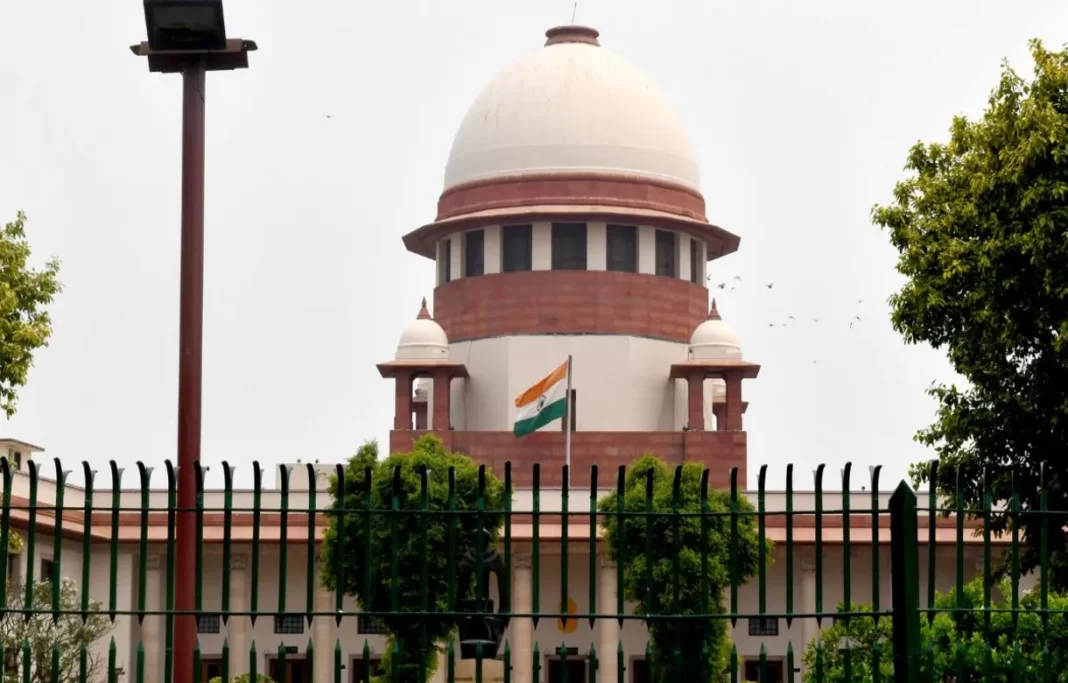The Supreme Court today firmly dismissed a request made by President of the Supreme Court Bar Association (SCBA), Senior Advocate Adish C Aggarwala, seeking a suo motu review of the constitution bench’s February 15 verdict on electoral bonds.
During the hearing, Chief Justice DY Chandrachud, expressed clear disapproval, terming SCBA president’s letter as publicity-oriented and categorically stating that the request would not be entertained.
Senior Advocate Aggarwala on Monday attempted to mention his letter urging a review of the verdict before the five-judge bench that had reconvened to examine whether the State Bank of India (SBI) had to disclose the unique alphanumeric number corresponding to each bond, in addition to the purchase and redemption details it has also furnished to the Election Commission of India (ECI).
Dismissing the SCBA president’s attempt, Chief Justice DY Chandrachud pointedly told Aggarwala that apart from being a senior advocate, he is the president of the Supreme Court Bar Association. The Chief Justice continued that Aggarwala has written a letter asking him to invoke my suo motu jurisdiction, which has no locus. DY Chandrachud asserted that the letter is publicity-oriented and that the court will not permit it.
Appearing for the Centre, Solicitor General Tushar Mehta also distanced the government from Aggarwala’s stance, terming it completely unwarranted and ill-advised. The Solicitor General made it clear on behalf of the central government that the Centre did not associate with the mentioning. The law officer expressed that it is very painful when people before this court start a media campaign and try to embarrass the judges. The Chief Justice appreciated the responsible stance taken by the Solicitor General.
In his letter to Chief Justice Chandrachud, the SCBA president had urged a re-evaluation of the verdict, highlighting concerns about potential adverse impacts on corporate donors and foreign investment in India. He further argued that disclosing the names of corporate donors and the amounts donated would render them vulnerable to victimisation.


